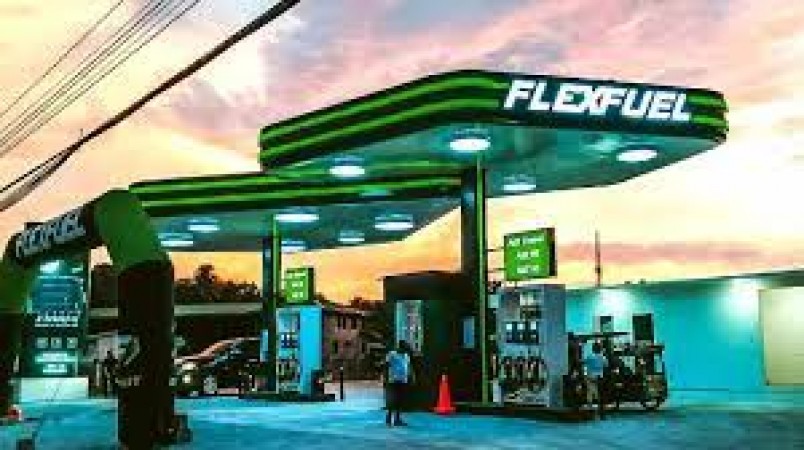
Flex fuel, also known as E85, is a revolutionary type of fuel gaining traction in the automotive industry. Unlike traditional petrol, flex fuel is a blend of ethanol and gasoline, with ethanol typically comprising 51% to 83% of the mixture. This innovative fuel offers numerous benefits, including cost savings, environmental friendliness, and increased vehicle performance.
Flex fuel vehicles (FFVs) are specially designed to run on a variety of fuel blends, including gasoline, ethanol, or any combination of the two. This flexibility allows drivers to choose the most economical and environmentally friendly option based on current market prices and availability.
One of the standout features of flex fuel is its potential for significant cost savings compared to traditional petrol. Ethanol, a primary component of flex fuel, is often cheaper to produce than gasoline, leading to lower fuel prices at the pump. Additionally, many governments offer incentives and tax breaks to promote the use of ethanol-based fuels, further reducing the cost for consumers.
Beyond financial savings, flex fuel offers substantial environmental advantages. Ethanol is a renewable fuel derived from plant sources such as corn, sugarcane, or switchgrass. Unlike fossil fuels, ethanol production and combustion result in lower greenhouse gas emissions, helping to mitigate climate change and reduce air pollution.
In addition to its economic and environmental benefits, flex fuel can also enhance vehicle performance and efficiency. Ethanol has a higher octane rating than gasoline, which can improve engine power and acceleration. Furthermore, ethanol's cleaner combustion properties can lead to reduced engine deposits and maintenance costs over time.
Despite its numerous advantages, the widespread adoption of flex fuel faces challenges, particularly concerning infrastructure. Currently, many petrol stations lack the necessary equipment to dispense E85 fuel, limiting access for consumers. However, efforts are underway to expand the infrastructure for flex fuel, including the installation of additional fuel pumps and storage tanks.
Governments around the world are increasingly recognizing the importance of promoting alternative fuels like flex fuel to reduce dependence on fossil fuels and combat climate change. Subsidies, tax incentives, and mandates for ethanol blending in gasoline are examples of policy measures aimed at encouraging the adoption of flex fuel technology.
As flex fuel continues to gain traction in the market, consumer education and awareness are crucial. Many drivers may be unaware of the benefits and availability of flex fuel vehicles and fuels. Therefore, outreach efforts, including advertising campaigns, educational materials, and dealership training, are essential to inform consumers and facilitate the transition to flex fuel technology. Flex fuel represents a significant advancement in the automotive industry, offering a viable alternative to traditional petrol with numerous benefits, including cost savings, environmental friendliness, and enhanced vehicle performance. As infrastructure expands and consumer awareness grows, flex fuel has the potential to play a vital role in reducing carbon emissions and shaping a more sustainable future for transportation.
Car Tips: Is your car starting to rust? protect yourself like this
Tata started 'Hunter' of inflation, prices of Nexon-Punch increased by Rs 45 thousand
This electric car runs 548 kilometers, performance is also excellent